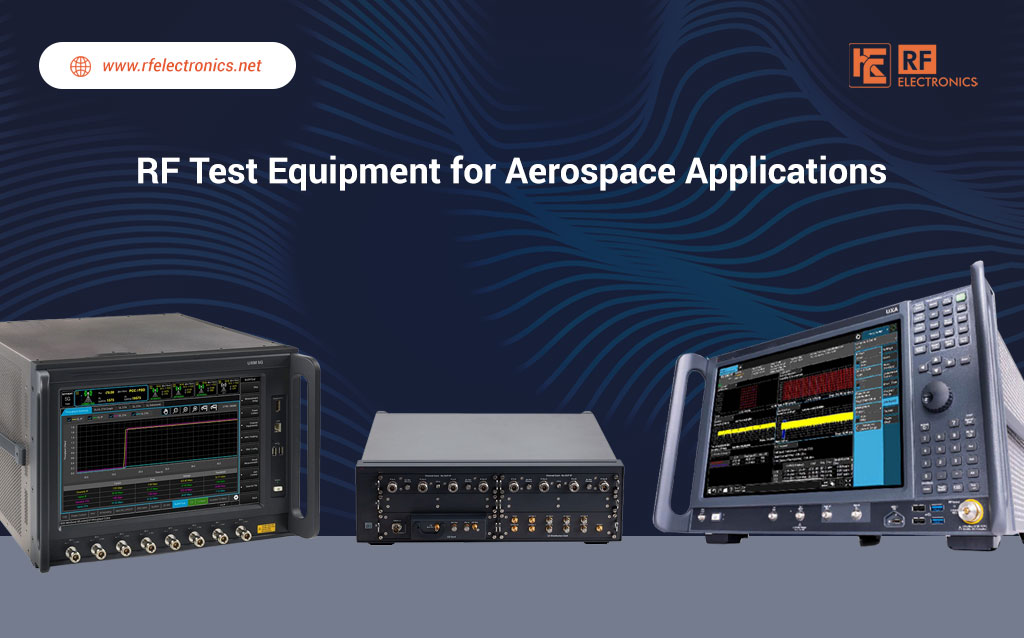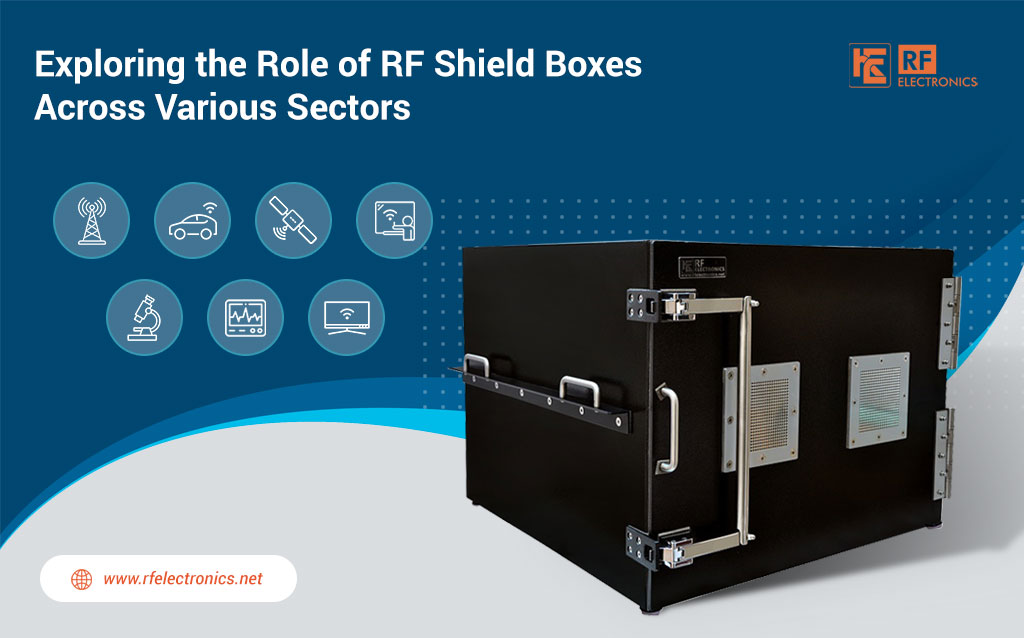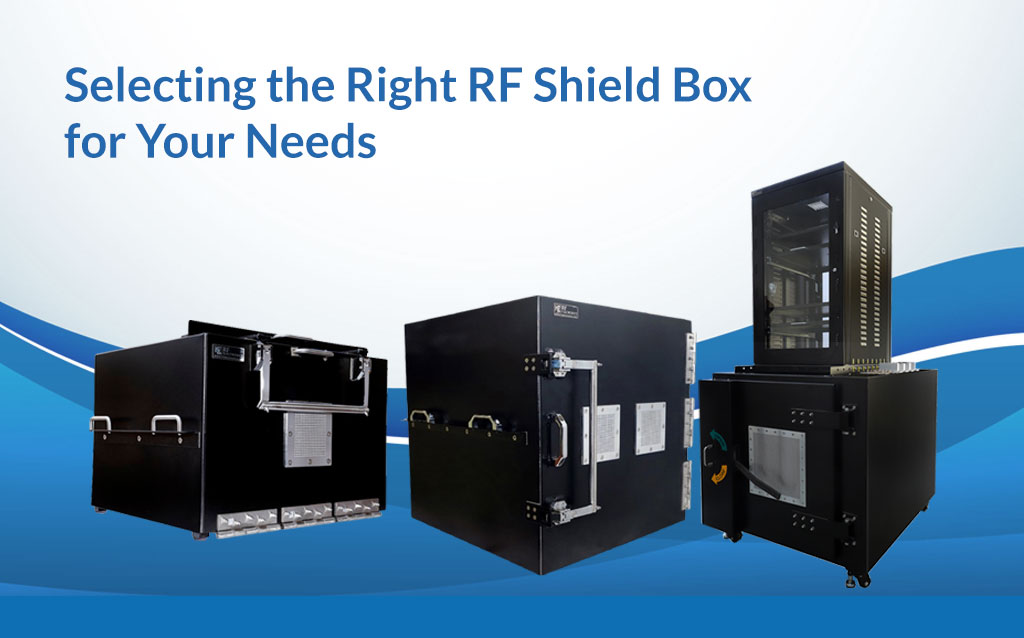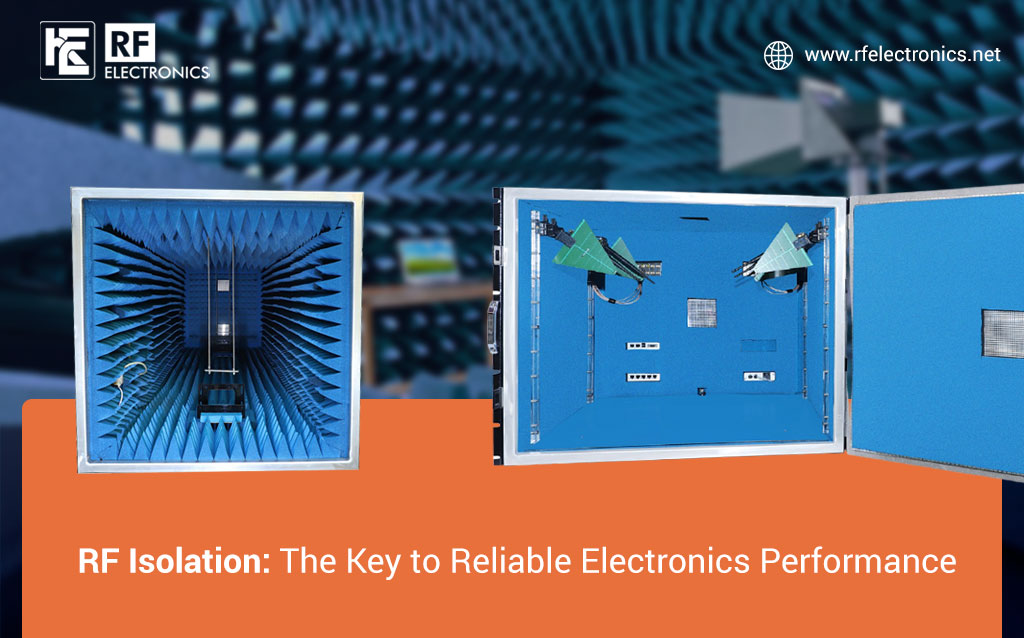Introduction
In the realm of aerospace applications, the need for precise and reliable RF test equipment is paramount. RF test equipmen plays a vital role in evaluating and ensuring the performance of various radio frequency (RF) components and systems used in aerospace industries. This blog aims to explore the importance of accuracy, reliability, and traceability in RF test equipment. Additionally, we will discuss the key factors to consider when choosing the right RF test equipment for aerospace applications, including frequency range and bandwidth, accuracy and resolution, modulation and demodulation capabilities, connectivity, and data analysis. Let's delve into the world of RF test equipment and its significance in aerospace engineering.
Understanding RF Test Equipment: Importance of Accuracy, Reliability, and Traceability
RF test equipment encompasses a wide range of devices and instruments used to measure, analyze, and validate the performance of RF components and systems. In the aerospace industry, where safety, efficiency, and precision are of utmost importance, accuracy, reliability, and traceability are crucial aspects to consider when selecting RF test equipment.
Accuracy ensures that the measurements obtained from the equipment are as close to the true values as possible. In aerospace applications, where even minor discrepancies can have significant consequences, accurate measurements are vital for system functionality and performance.
Reliability is another key factor. RF test equipment must be designed to withstand the rigorous demands of the aerospace environment, including extreme temperatures, vibrations, and electromagnetic interference. Reliability ensures consistent and dependable performance over time, reducing the risk of errors and costly downtime.
Traceability refers to the ability to track and verify the calibration and measurement standards used by the RF test equipment. Calibration traceability provides confidence in the accuracy of the measurements by establishing a clear chain of measurement standards, ensuring that the equipment adheres to recognized industry standards.
Factors to Consider when Choosing RF Test Equipment
There are certain factors that need to be considered while choosing RF Testing Equipment, such as:
Frequency Range and Bandwidth:
When selecting RF test equipment for aerospace applications, the frequency range and bandwidth capabilities are crucial considerations. Aerospace systems often operate in different frequency bands, and the test equipment must be capable of covering those ranges. It is essential to choose equipment with a broad frequency range to accommodate the specific RF components and systems used in aerospace applications.
Accuracy and Resolution:
Accurate measurements are paramount in aerospace testing. The RF test equipment should have high accuracy and resolution to capture even the smallest variations in signal characteristics. Look for equipment that offers precise measurements, low measurement uncertainty, and excellent signal integrity to ensure reliable results.
Modulation and Demodulation Capabilities:
Many aerospace systems employ complex modulation schemes. It is important to choose RF test equipment that supports a wide range of modulation and demodulation techniques, such as AM, FM, PM, QAM, and more. This versatility enables comprehensive testing and evaluation of aerospace communication and navigation systems.
Connectivity and Data Analysis:
Efficient connectivity options and data analysis capabilities are essential for seamless integration into the aerospace testing environment. Look for RF test equipment that offers multiple connectivity interfaces like USB, Ethernet, and GPIB, enabling easy integration with existing test systems. Additionally, advanced data analysis features, including real-time spectrum analysis, power measurements, and modulation analysis, enhance the evaluation process and facilitate in-depth analysis of test results.
Selecting the Right Equipment for Accurate and Reliable Results
When it comes to RF test equipment, it is crucial to select the right tools for accurate and reliable results. Considering the specific requirements of aerospace applications, it is advisable to choose equipment from reputable RF test equipment manufacturers. These manufacturers have a proven track record of delivering high-quality, industry-compliant products that meet the stringent demands of the aerospace industry.
RF Shield Box: An integral component of RF test equipment, the RF shield box provides isolation and shielding from external electromagnetic interference, ensuring accurate and reliable measurements in controlled testing environments. Look for shield boxes designed specifically for aerospace applications, incorporating features like high shielding effectiveness and customizable configurations to accommodate different test scenarios.
Conclusion
RF test equipment plays a vital role in aerospace applications, enabling precise evaluation and validation of RF components and systems. The importance of accuracy, reliability, and traceability cannot be overstated when choosing the right equipment. Consider factors such as frequency range and bandwidth, accuracy and resolution, modulation and demodulation capabilities, connectivity, and data analysis features to ensure optimal performance in aerospace testing environments.
When selecting RF test equipment for aerospace applications, it is recommended to partner with reputable RF test equipment manufacturers who understand the unique requirements of the aerospace industry. By investing in reliable and industry-compliant equipment manufactured by RF Electronics, aerospace engineers can confidently test, validate, and deliver RF systems that meet the rigorous standards of safety and performance in the aerospace domain. Contact us today!







Comments
Add CommentNo Comments Available